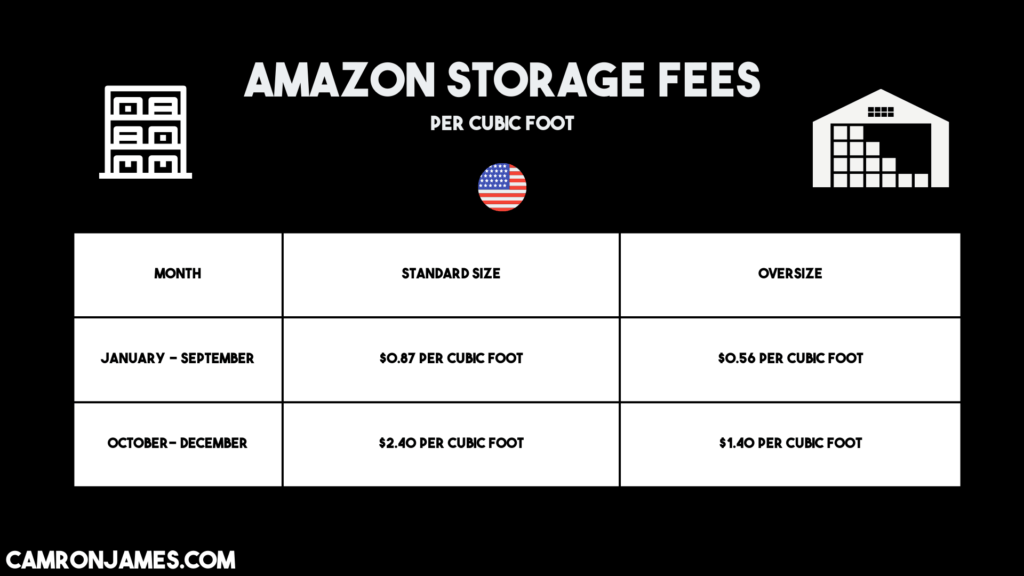Have you ever wondered how Amazon keeps up with millions of yearly purchases and deliveries?
Turns out, it’s got a lot to do with their vast network of fulfillment centers. These sprawling air-conditioned temples of conveyer belts and cardboard are where inventory is stored, and orders are shipped.
With aisles and shelves stacked high with millions of Amazon products, from boyfriend body pillows, to a people of Wal-Mart coloring book, and everything in between, Amazon fulfillment centers operate 364 days a year.
Here’s a behind-the-scenes look at how the magic works.
What is an Amazon Fulfillment Center?
Amazon needs a shit ton of space to keep up with ongoing customer demand. Their fulfillment centers are massive warehouses where orders are received, packaged, and distributed. Here are some tip-of-the-iceberg stats to show how much merchandise flows through Amazon’s network.
- Sellers in the U.S. sold more than 4 billion items worldwide in 2022.
- During last year’s Prime Day, Amazon customers purchased over 60,000 items per minute.
To keep a competitive advantage, Amazon strategically builds factories based on several factors:
- Proximity to population centers
- Customer demand
- Labor availability
- Local and state taxes and incentives
- Transportation Infrastructure
There are currently over 175 centers worldwide, with more planned. In the U.S., the majority are located in the Southeast, Northeast, Texas, and California.
How Do Amazon Fulfillment Centers Work?
Fulfillment centers are just one stop on a product’s Amazon journey.
Most sellers source products overseas from websites like Alibaba.com. After being shipped to the U.S., Amazon stores inventory until an order is placed. Once a product is purchased, the product is packaged, scanned, and loaded for delivery.
Warehouses employee between 1,000 and 1,500 people, and robots are also used in some facilities to fulfil orders. The efficiency makes it easy for Amazon to process and ship orders quickly, allowing faster delivery times and reduced operational costs to both buyers and sellers.
I break down the entire FBA selling process and provide detailed tutorials on every related topic on my YouTube channel.
How Large are Amazon FBA Fulfillment Centers?
Amazon warehouses aren’t your run-of-the-mill storage nook. They’re high-tech behemoths big enough to host a Taylor Swift concert.
According to my best information, your average Amazon distribution center is 800,000 square feet, or well over 4x the size of the standard Walmart Super Center. However, some stretch upwards of 3 million square feet! These massive, tech-adorned warehouses are necessary to keep the ever-increasingly Amazon ecosystem functioning properly.
What Does Amazon Charge to Store Inventory?
Amazon’s inventory storage fees change depending on the time of year, and dimensions of the the merchandise.
Due to increased demand, storage fees are higher during peak fulfillment season, which runs from October through the holiday season.

These fees do change from time to time, so make sure to stay up to date with Amazon seller central.
How Do I Get Started Selling an Amazon Product?
My Amazon Winners Academy (AWA) mentorship guides you through the entire Amazon FBA process and provides a community of support with others on the same journey.
You’ll get hands-on support from experienced sellers with your same goals and aspirations.
AWA gives you a much-needed safeguard from costly mistakes, dead ends, and failed product investments to efficiently reach your passive income goals.
So whether it’s solving issues with your Seller Central account, creative approaches to product research, scaling to new markets and niches, validating product ideas, customer service issues, and more, we’ve got you covered.
Learn more about it here.


